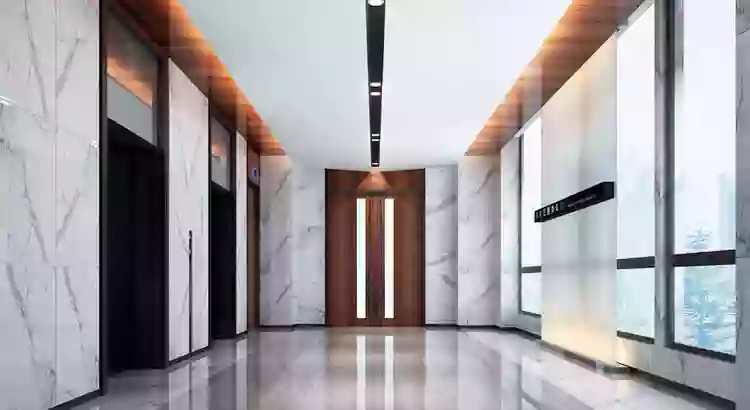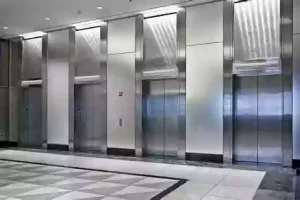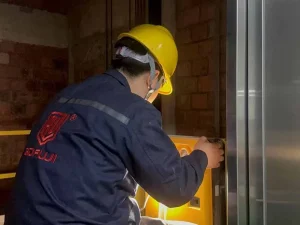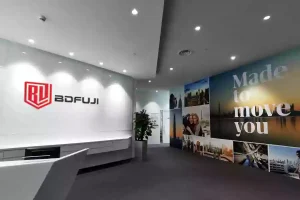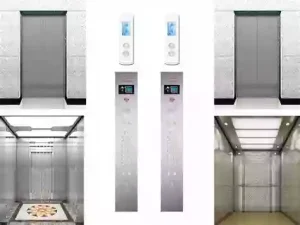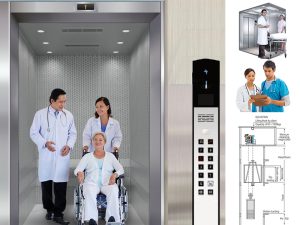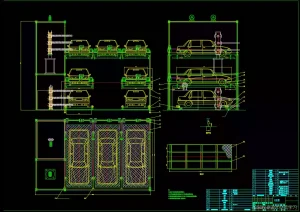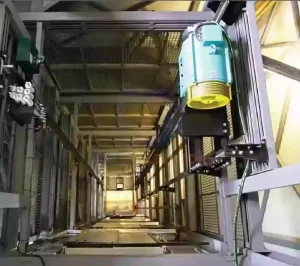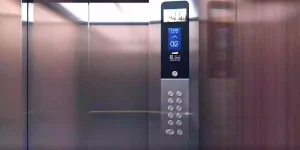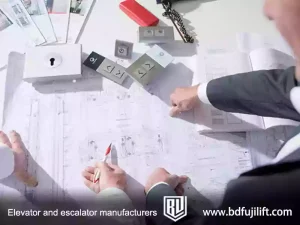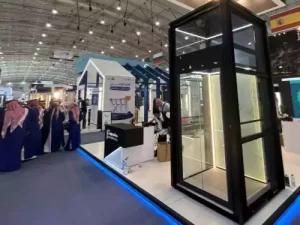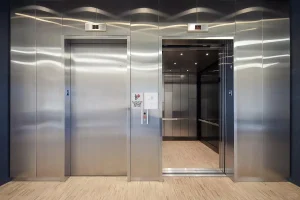Commercial elevators are one of the most misunderstood investments when planning a new building or renovating a commercial space. Many business owners and developers are confused by rumors, outdated pricing models, or vague quotes from commercial elevator companies. From questions like “How much does a commercial elevator cost?” to hidden challenges during installation, these rumors can lead to a lot of confusion. So I prepared this article to debunk these common commercial elevator cost myths with real data.
Myth 1: Commercial elevators are too expensive for small businesses
Many people believe that only large businesses install commercial elevators, but this is not true. In fact, a pitless commercial elevator system or hydraulic elevator typically costs between $20,000 and $50,000 for a 2-3 story building. Traction elevators are more suitable for mid-rise buildings and start at around $30,000. So if you’re wondering how much a commercial elevator costs, the answer will vary depending on your building’s needs, but for a small business, it’s generally affordable.
Myth 2: Maintenance costs will eat up your budget
Annual maintenance costs for commercial passenger elevators typically range from $2,000 to $6,000. Many modern systems now use the Internet of Things (IoT) for predictive maintenance, a technology that can detect problems before they become costly failures. For example, traction elevators only need to lubricate the rails once a year, while hydraulic elevators require a semi-annual oil check. These regular maintenance procedures can help prevent major breakdowns and control expenses in the long run.
Just like changing your car’s oil regularly prevents engine damage. Likewise, proactively maintaining your elevator can avoid costly emergency repairs.
Myth 3: Are all types of elevators the same price?
Not all types of elevators are the same price. The price difference between industrial commercial elevator systems (used in factories or warehouses) and commercial glass elevators (usually used in shopping malls or hotels) is very large. Here is the cost range of common commercial elevator types:
If you are not sure which type is right for your space, consult a commercial elevator company (contact BDFUJI) who will provide detailed commercial elevator size and configuration recommendations.
As a global commercial elevator manufacturer, BDFUJI provides a full range of solutions including machine room elevators and panoramic commercial outdoor elevators, with absolute advantages in price and performance.
Myth 4: Custom elevators are very expensive
Many buyers believe that features such as glass doors or smart controls will double the cost. In fact, customizations such as voice activation, tempered glass or luxury materials usually only add 15% to 30% to the basic cost. Thanks to BDFUJI’s modular design, you can prioritize basic features and upgrade later.
BDFUJI Elevator Case: A dental clinic in the Philippines installed a basic steel car elevator at a cost of $40,000, and upgraded to a tempered glass door and voice navigation a year later for only $9,000 more.
Myth 5: Installation costs are fixed and predictable
Many people underestimate structural modifications, such as reinforcing floors, updating electrical systems, or meeting fire safety codes. These modifications can increase your budget by 20-35%. Of course, you can also adopt commercial elevator alternatives, such as MRL systems, which do not require a separate machine room, thus reducing this burden.
🔍 BDFUJI Tip:
We provide pre-installation assessments and CAD support to help you identify cost risks early, which is very helpful for retrofits and elevator additions.
What is the actual cost over ten years?
Although cheap commercial elevators have a lower purchase price, their total cost of ownership (TCO) may soar due to increased energy and maintenance costs. For example, hydraulic elevators consume 2-3 times more energy than traction systems. The regenerative drive in BDFUJI’s MRL system can recover up to 40% of potential energy, saving more than $50,000 over ten years.
It’s like buying a printer. A cheap inkjet printer has a lower upfront cost, but the ink cartridges will run out. A smart buyer will consider the total cost over 10 years.
What should you ask before buying a commercial elevator?
- Before signing up with any commercial elevator company, ask:
- What types of elevators are suitable for my building height and purpose?
- What are the standard sizes of commercial elevators?
- Is this model energy-efficient?
- Can I install a pitless elevator commercial system to save space?
- Are there commercial elevator alternatives for special purposes?
- What is included in the warranty and maintenance plan?
These questions can help you avoid costly surprises and help you choose the right partner.
Commercial elevator costs and pricing are not confusing. He has a standard set of pricing systems. When purchasing and installing commercial elevators, all we have to do is communicate with the elevator company more and understand, and don’t fall into these misunderstandings.


